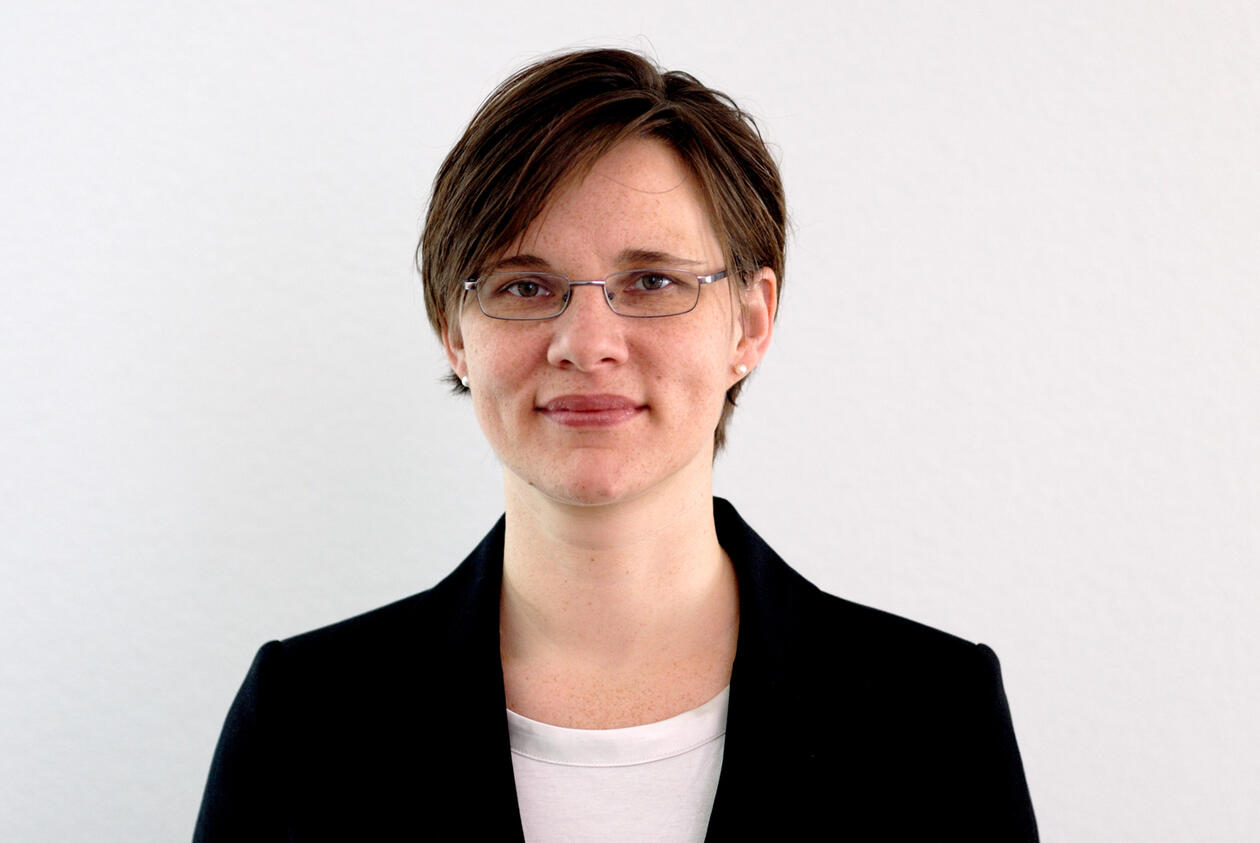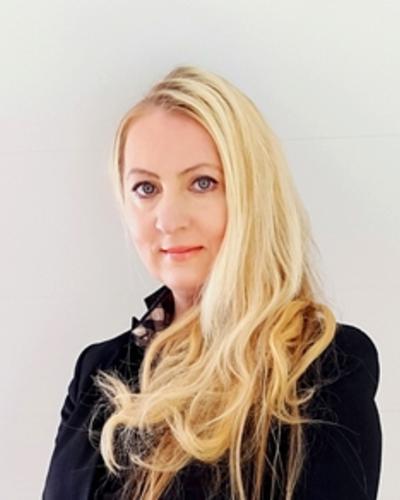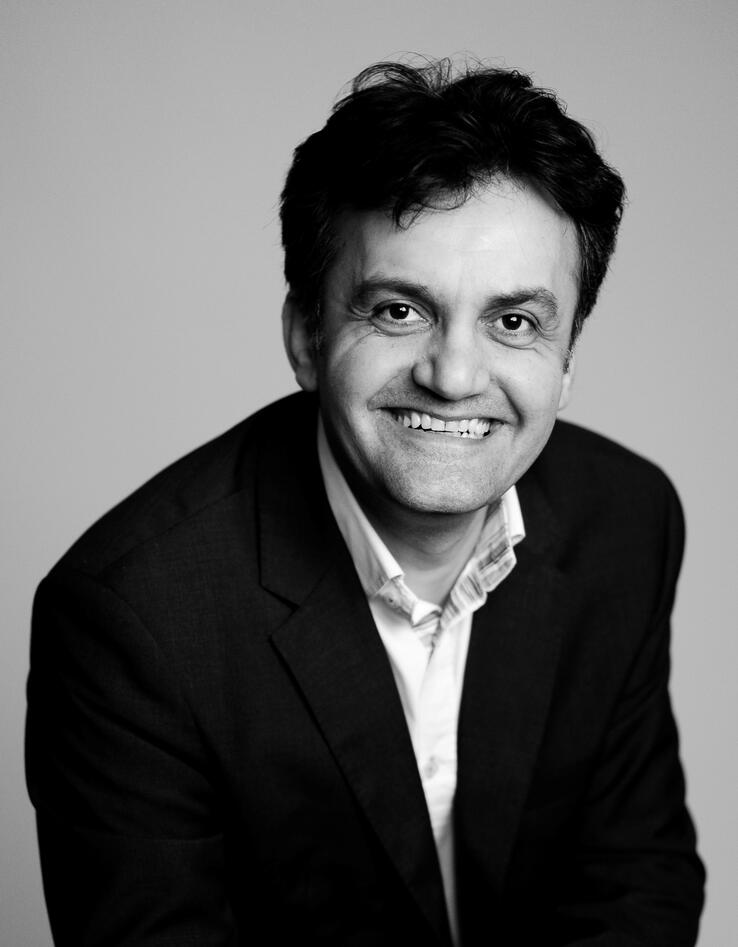Systems thinking and creative interdisciplinary problem-solving and project management
We live in a world where rapid and radical changes around us have become the norm. In such a complex and uncertain world, traditional and disciplinary problem-solving methods are not always sufficient. Therefore, it is crucial that we master more collaborative and innovative methods.
Main content
Course leaders
Birgit Kopainsky, Professor in System Dynamics, Department of Geography, UiB.
Ingunn Johanne Ness, Senior Researcher & Theme Leader, SLATE, UiB.
Hiwa Målen, Center Manager at DIGSSCORE, UiB.
The purpose of the interdisciplinary sessions is to equip summer school participants with problem-solving methods that facilitate interdisciplinary collaboration with a strong focus on research impact. This will be achieved by working concretely with challenge-driven innovation related to sustainable development goals (SDGs), in teams consisting of summer school participants with varied disciplinary backgrounds.
The interdisciplinary sessions combine theory and application:
Theoretical part: systems thinking, creative problem-solving and project management.
Practical part: work in interdisciplinary teams using the methods for solving concrete sustainable development challenges.
Learning outcomes
Upon successful completion of the interdisciplinary sessions the participants should be able to:
1. Express knowledge and understanding
- Participants have an overview of the most frequently used methods in systems thinking and creative problem-solving.
2. Apply knowledge and understanding
- Participants can apply those tools from systems thinking and creative problem solving that are appropriate for the specific sustainable development challenge.
- Participants can identify appropriate boundaries for the problem at hand.
3. Communicate
- Participants can adopt a problem owner’s perspective to effectively summarise the problem, describe the methods for solving that problem and the implications of the proposed solutions.
- Participants can translate technical information into language that problem owners understand and resonate with.
4. Learning skills
The interdisciplinary sessions have a strong focus on communication and collaboration skills. In particular, the participants should be able to:
- organise efficient and effective communication within interdisciplinary teams
- engage in the co-creation process with a high degree of independence, responsibility, and reliability
- function as a constructive member of a team
- write and speak effectively about their work and relevant issues
Birgit Kopainsky is professor in System Dynamics at the University of Bergen, Norway. She holds a PhD in agricultural economics from ETH Zurich and a master's degree in Geography and Environmental Studies from the University of Zurich, Switzerland. She teaches at ETH Zurich in Switzerland as well as at the University of Bergen. Her research explores the role that system dynamics can play in facilitating transformation processes in social-ecological systems such as the transformation towards sustainable and resilient agri-food systems.
Kopainsky is particularly passionate about engaging with a wide range of stakeholders by creatively adapting proven tools and techniques from systems thinking and system dynamics modelling to advance decision-making in social ecological systems and to achieve breakthrough moments of understanding for those stakeholders to become champions of change towards resilience and sustainability.
Dr. Ingunn Johanne Ness is a Senior Researcher at the Centre for the Science of Learning & Technology (SLATE), Faculty of Psychology, University of Bergen (www.ingunnness.com). Ness carries out research on leadership, interdisciplinarity, innovation, and creativity in both education and industry. Ness has a particular interest for the sociocultural approach and works with one of the world’s leading environments on sociocultural theory, at the Department of Education, University of Oxford and Webster Center for Creativity and Innovation.
In addition, Ness has close collaboration with business such as Equinor. She is a full member of the International Society of the study of Creativity and Innovation. Ness has several publications in international journals and handbooks and her main teaching areas are creative knowledge processes, innovative methods and supervision of Master and PhD students. Ness is co-editor in a Special Issue in The Creativity Research Journal, Section Editor for the Palgrave Encyclopedia of the Possible, Associate Editor of The European Journal of Psychology and co-editor on Dialogical pedagogy, creativity and learning, KLIM forlag, Denmark.
Hiwa Målen is Center manager at Digital Social Science Core Facility (DIGSSCORE), which is a research infrastructure for advanced social science data collection and multi-disciplinary research at the University of Bergen. Furthermore, he is the research manager for the Norwegian node of the European Social Survey – European Research Infrastructure (ESS ERIC).
Målen holds a PhD and a master's degree in molecular biology from the University of Bergen. The scientific works of Hiwa Målen are cited frequently in top scientific journals such as Nature communications and PNANS, with a current h-index of 10.
Hiwa Målen has extensive project management expertise with several years' experience in the private sector, with responsibility for project portfolios covering maintenance & modification on the North Sea energy extraction installations. As Improvement Coordinator at the corporate level, experiences, and knowledge he gained from project completions were applied to educate next-generation project managers and streamline corporate processes towards increased efficiency and value creation. In 2015, the Leadership Foundation in Norway selected Målen as one of the Top 10 role models in Norway, for outstanding contribution to the Norwegian business and society. His Majesty Crown Prince Haakon handed over the award.


